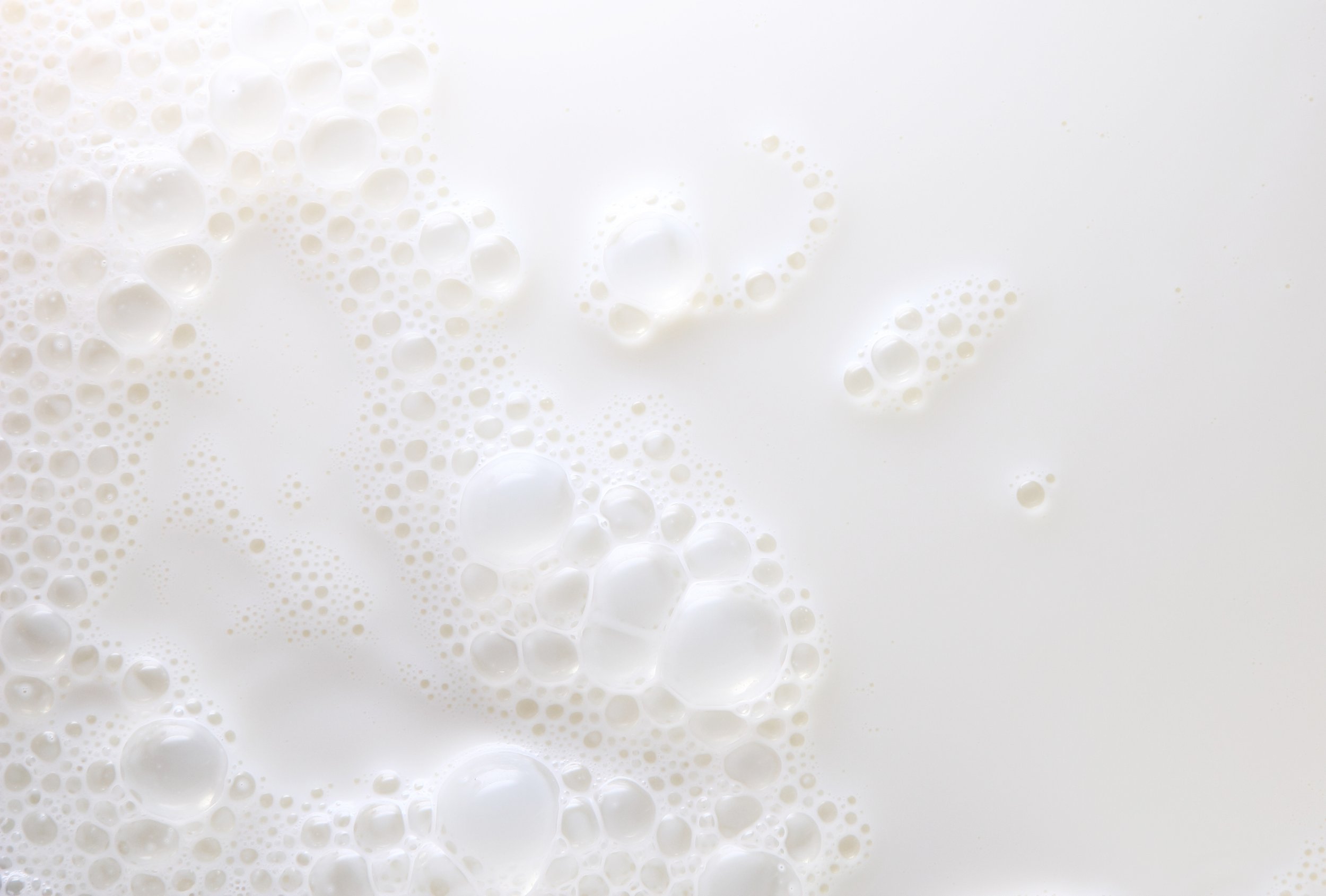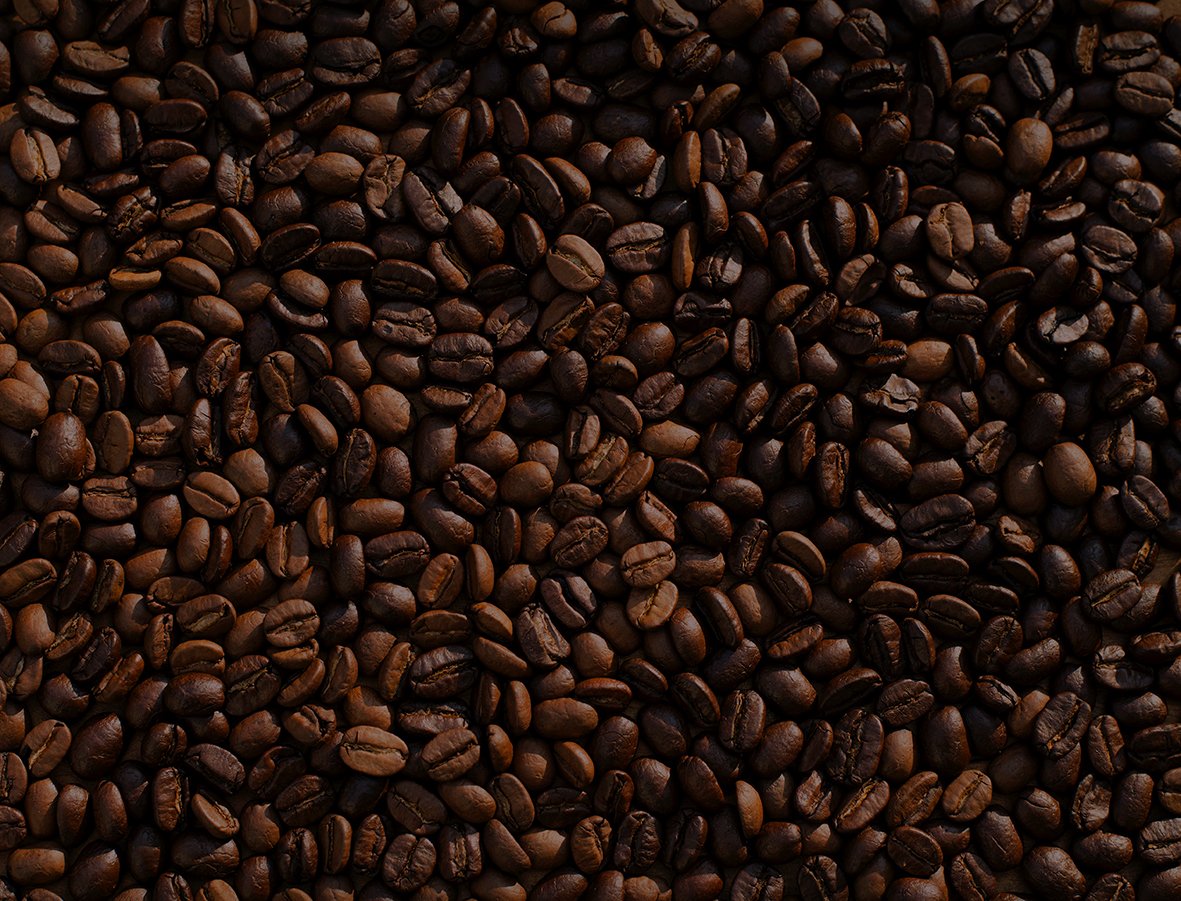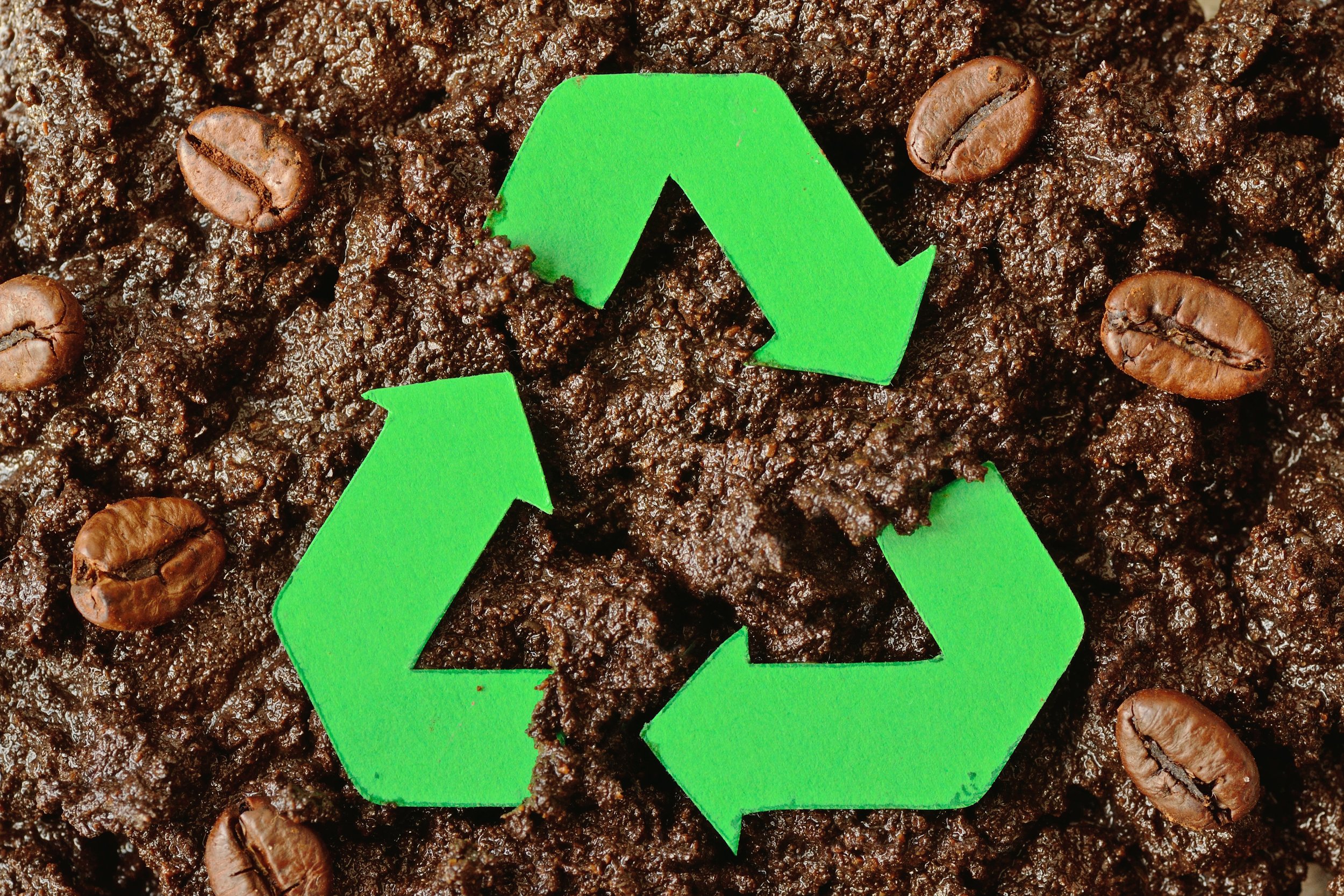
SUSTAINABILITY
If you provide a product or service that can help us reduce our environmental impact,
we’d like to hear from you.
we’re ready for our close up…
The entertainment and creative industries are becoming ever more conscious of the impact they can have on our environment, and minimising impact across the supply chain is a critical consideration for every production. We take our environmental responsibility extremely seriously, and we’ve taken proactive steps to make our service as sustainable as possible. It’s not perfect yet, but we are on a constant mission to improve.
Associations & accreditations
We are proud to be the first craft services supplier to be recognised by albert.
The albert initiative aims to reduce the environmental impact of the media production sector and to leverage the platform of our industry to raise awareness of environmental issues throughout the wider population by telling more compelling sustainability stories.
We are aware of other organisations working hard to make film and TV productions more sustainable.
We will continue to establish effective collaborative relationships and will update this page with relevant information as it becomes available.
Our environmental impact
We all know that making a film, HETV program, commercial, or video is a huge collaborative effort. Combatting the climate emergency is the same, only more globally momentous – it’s only going to succeed if we all pull together as a team.
We’ve taken a long hard look at our business, and this is what we have found. Our most significant environmental impacts come from four main areas of activity: vehicles & fuel; cups & consumables; ingredients; and packaging.
Vehicles & fuel
We currently operate three diesel-fuelled vehicles. Scarlett and Sonny are self-contained craft service stations; the other we use to transport people, consumables and ingredients and deliver Caesar, our tiny Piaggio coffee van, to location. Once on set, Caesar can be moved by hand if necessary. Our fleet includes ULEZ compliant vehicles. We offset the associated carbon emissions by funding certified UK tree-planting schemes through Carbon Footprint Ltd.
We are actively investigating the transition to electric vehicles for our fleet. While there are currently no economically viable alternatives, we recognise that the marketplace for alternative fuelled commercial vehicles is rapidly evolving, so we have committed to procuring our first EV coffee van by 2027.
Our coffee machines are dual fuel so can be powered by gas or electricity. Where possible we connect to a production’s established electricity supply. Our quiet generators are only used in remote locations or when no electricity supply is available. Our latest van includes solar panels and battery storage to run fridges overnight with no external power supply.
Cups & consumables
Drinking vessels are one of the largest sources of environmental impact from the global coffee industry. We are combatting the problem on several fronts.
Firstly, we investigated the carbon footprint of various cup alternatives. In this situation, it is important to look at the cradle-to-grave lifecycles of each alternative, including manufacture, cleaning, recycling, and disposal. Over 90% of the lifecycle emissions from any reusable cup come from the energy, water and chemicals involved in cleaning.
A recent study by the VTT Technical Research Centre of Finland demonstrated that a ceramic cup would need to be used 350 times before its carbon footprint is smaller than a single-use paper cup; for metal cups, the figure is 130 times, for plastic up to 36 uses. We opt to use paper cups.
We use double-walled cups manufactured to European Standard EN13432. They are certified home compostable to NF T51-800 standard and industrially compostable, as part of the circular economy. Any printing is achieved with environmentally friendly water or soy-based inks.
A double wall provides improved insulation, keeping hot drinks warm for longer and protecting drinkers’ hands from heat.
We have recently become members of The National Cup Recycling Scheme (NCRS) which aims to make the collection and recycling of paper cups more commercially attractive for waste management companies. This has led us to start working with Paper Round who will be collecting and transporting our coffee grounds to Bio-Bean, our milk packaging and cup lids to mixed recycling centres, and our cups to an NCRS approved recycling facility.
As for other consumables: we no longer offer straws with cold drinks; our baristas add sugar at the point of service to remove the need for stirrers; we have significantly reduced the wastage of cardboard cup carriers by supplying each department a dedicated carrier which they are encouraged to re-use.

Ingredients: Milk
Milk is the biggest contributor to the carbon footprint of a cup of coffee. The increasing popularity of plant-based milk is a beneficial factor in reducing this impact. We are proud to now offer a range of milk options at every service station. We discuss the milk selection with production teams prior to delivery and can tailor it to the requirements of the cast and crew.
To provide some idea of the impact milk choice can make, we have calculated the CO2 emissions associated with an 8oz latte made with milks from a variety of sources:
• Whole Cows Milk: 550g CO2e
• Semi-skimmed Cows Milk: 475g CO2e
• Skimmed Cows Milk: 350g CO2e
• Rice: 225g CO2e
• Almond: 195g CO2e
• Soya: 180 g CO2e
• Pea: 175 g CO2e
• Hemp: 175 g CO2e
• Cashew: 170g CO2e
• Quinoa: 168g CO2e
• Coconut: 165g CO2e
• Hazelnut: 155g CO2e
• Oat: 140 g CO2e

Ingredients: Coffee
We have used the same Lavazza coffee beans since we started back in 2009. Managed by their charitable foundation, Lavazza’s sustainability programme is second to none and a key reason for us continuing to use their products. To discover more about Lavazza’s social, economic, and environmental initiatives, please look here.
Our spent coffee grinds will now be collected in separate bags and delivered by Recorra to Bio-Bean for further processing. Bio-Bean recycles coffee grounds into value on an industrial scale.
Their most famous products are Coffee Logs for home fires and garden firepits, and Coffee Pellets that provide fuel for industrial biomass energy production. Their Inficaf product provides the bioplastic, automotive, cosmetics and textile industries with a sustainable raw material. They also harvest the residual chemical compounds from spent coffee grounds to provide natural flavourings, dyes, and pigments for the food industry.
Our future goals
We acknowledge that we can’t do this alone. We are dependent upon all our stakeholders, from our clients to our supply chain, from our staff to our equipment and vehicle manufacturers. But we intend to lead by example. Our aim is to build a reputation for being the most sustainable craft service supplier to the UK film and TV industry by the end of 2025.
By 2025 we will have a centralised warehouse to increase our consumable storage capacity. This will enable us to buy and store milk in bulk which will open other, potentially more sustainable supply chains.
Our business partners accept responsibility for achieving these ambitious goals.

“We’ve set ambitious goals to become the most sustainable craft service supplier to film & TV by 2025.”
Graham Walters / Partner







